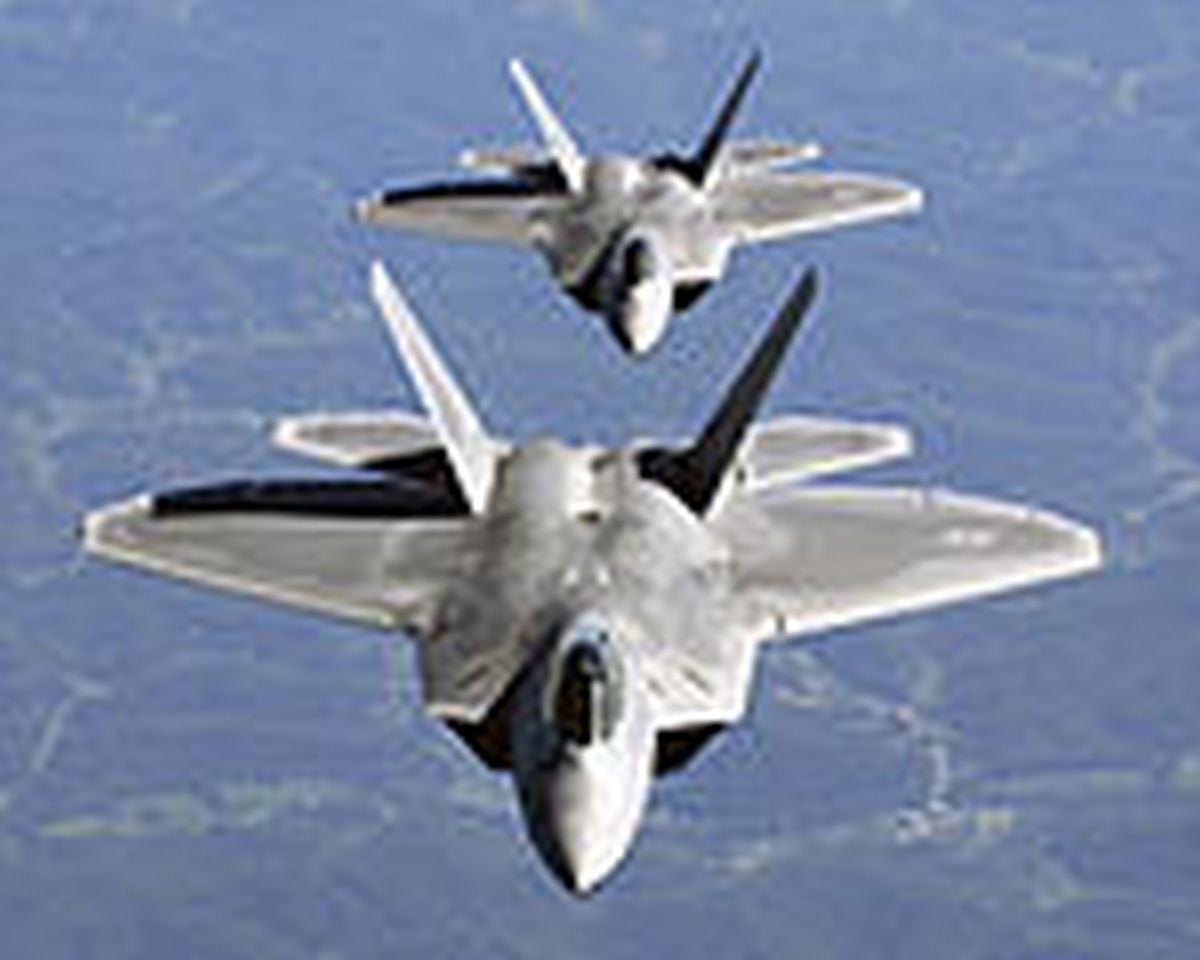 Baghdad, October 11 – The political and economic benefits promised to potential members of the coalition to combat the Islamic State has led the organization itself to join, diplomats in the Middle East reported Saturday.
Baghdad, October 11 – The political and economic benefits promised to potential members of the coalition to combat the Islamic State has led the organization itself to join, diplomats in the Middle East reported Saturday.
US Secretary of State John Kerry and Vice President Joe Biden have spent weeks in direct and indirect talks with a bevy of allies in the Middle East and Europe, putting together an alliance to conduct air strikes and other operations against the surging Islamic State across large swaths of Iraq and Syria. The movement’s swift conquest and brutal tactics have neighboring nations worried to the point that they have consented to supporting or participating in the airstrikes in exchange for various incentives offered by the envoys, and the Islamic State craves those incentives enough to join the anti-Islamic-State effort.
Vice President Biden offered apologies last week to various allies after earlier expressions of dismay over what the US saw as their insufficient commitment to fighting the ISIS threat, if not outright sponsorship of its activities. The statements of remorse come with unspecified inducements to smooth the relationships, including military and economic aid packages or trade deals. The incentives are calculated both to make membership in the coalition attractive and to shore up the dictatorships whose repressive rule provides fertile ground from which the Islamic State recruits fighters. Seeking to gain similar deals, the Islamic State made known its willingness to become members to diplomats from several Persian Gulf states.
American officials have yet to respond to the offer in any formal way. A State Department official speaking on condition of anonymity said she did not expect the Obama administration to react officially until it became clear what advantages the Islamic State could offer the effort to degrade and ultimately destroy the Islamic State. “I believe the president will adopt a wait-and-see attitude for the next day or two, at least until he knows the tradeoffs. What will we be expected to give such an ally, and what would we gain from having them on board? That’s not a simple question.
Experts agreed, noting that including the Islamic State in the coalition against the Islamic State could carry major pitfalls vis-à-vis other coalition members. “Saudi Arabia, for example, would have a hard time working alongside the Islamic State – the two simply don’t get along,” said Tautolla Jee, who writes about the Middle East for the journal Obvious. “The same is true of non-members who are tacitly condoning the effort, such as Syria. I hope no one expects Assad to suddenly become lovey-dovey with ISIS just because they’re both trying to destroy ISIS.”
Diplomats and analysts differ widely over what incentives the Obama administration could offer the Islamic State to make its cooperation against the Islamic State worth its while. The proto-state already enjoys hefty profits from the sale of its oil, but the Administration has the option of offering American arms and equipment, a proposition the Islamic State would be hard-pressed to ignore.




